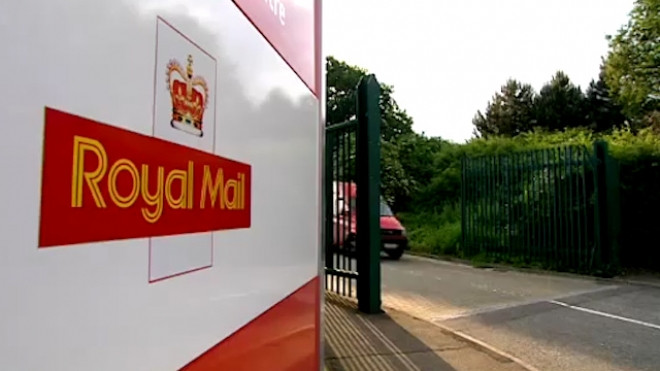Royal Mail Sale Adviser Lazard 'Given Priority Investor Status for Shares'

One of the financial firms advising the government on its sale of Royal Mail – which it has been accused of undervaluing – was a priority investor given special preference in the privatisation, it is claimed.
Lazard & Co helped the UK government to set its 330p offer price for Royal Mail's flotation onto the London Stock Exchange.
But when trading began, Royal Mail's share price rocketed and now sits at around 57% above the offer price.
A report by the National Audit Office (NAO) claimed taxpayers had been short-changed by around £750m in the sale because it thought the government could have set a higher offer price, something Vince Cable – the business secretary leading the sale – denies.
According to the Bureau of Investigative Journalism (BIJ), Lazard's asset management arm was one of 16 priority investors targeted by the government ahead of the flotation to take on 22% of the firm.
It bought up six million shares worth £19.8m before selling them on at an £8m profit in the first week of full trading.
The BIJ said sources in the City had told it that Lazard Asset Management was a priority investor.
There are strict rules that split advisory arms of financial firms from the investment side to prevent conflicts of interest and protect clients.
No suggestion has been made that this so-called "Chinese Wall" was breached at Lazard.
Lazard declined to comment to BIJ. A spokesman could not be reached immediately for comment by IBTimes UK.
As well as Lazard, Goldman Sachs and UBS advised the government on the Royal Mail sale.
All three investment banks and the government have been attacked for seriously undervaluing Royal Mail.
Labour's shadow business secretary, Chuka Umunna, called it a "botched" privatisation.
Ed Miliband, leader of the Labour party, accused Prime Minister David Cameron of selling Royal Mail at mate's rates to his financier friends.
But Business Secretary Cable insists that the sale was a success because all available shares were snapped up.
He has argued that it could take as long as a year for the share price to settle and that people should reserve judgement until then.
Ministers wanted long-term institutional investors to buy the shares and hang on to them, but many took their profits in the months after the flotation to cash in on the sharp price rise.
© Copyright IBTimes 2025. All rights reserved.






















